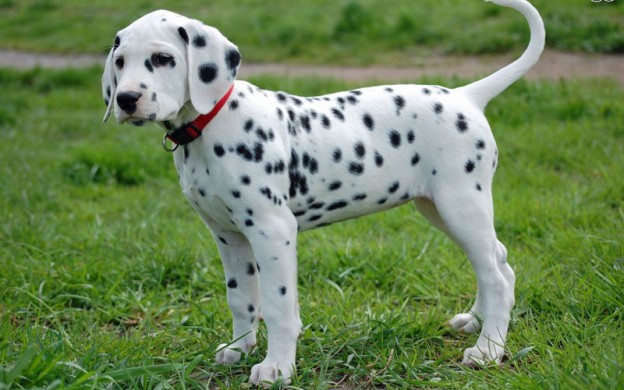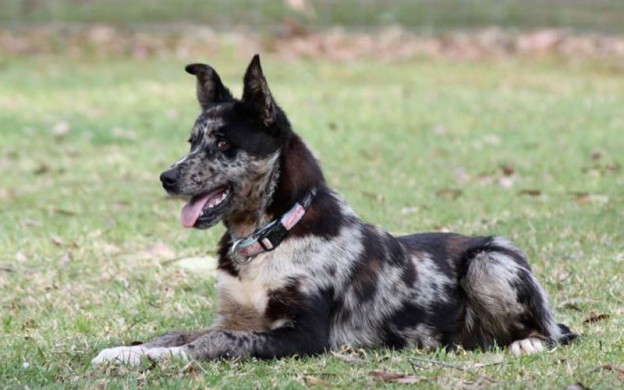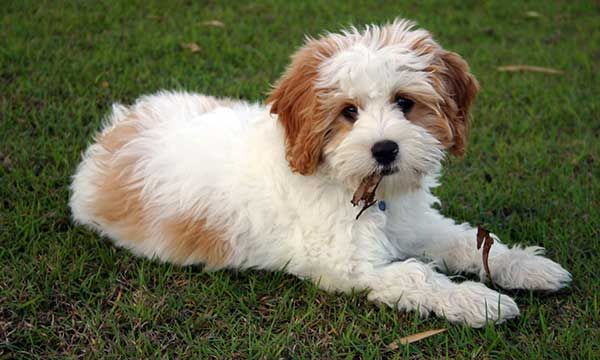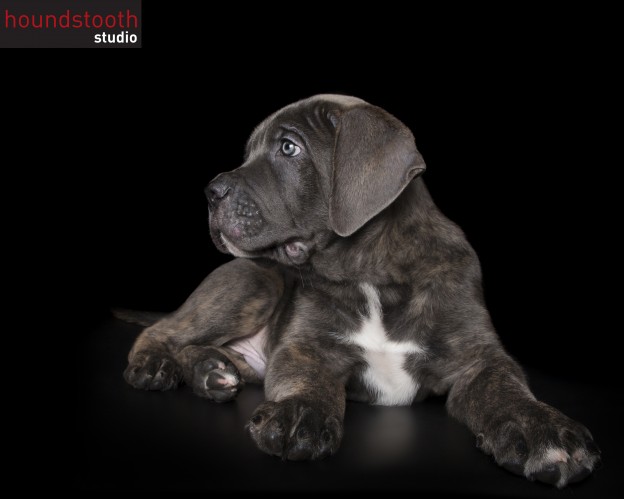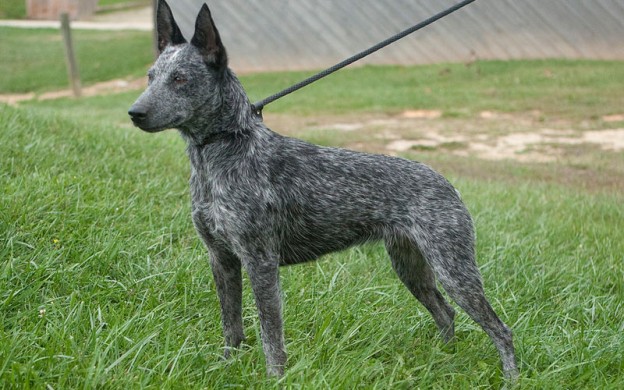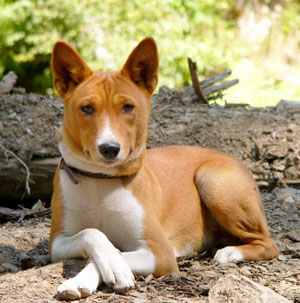
Facts
Grooming: Little grooming required
Exercise: Medium-high (they require daily exercise)
Size: Average
Lifespan: 12-16 years
Originating in Africa, the Basenji is an ancient breed and has changed little over thousands of years. Dating back to the pharaohs and as far back as 4000BC, the Basenji is still highly prized by the natives in Southern Sudan and the Democratic Republic of Congo for its intelligence and courage in pointing, retrieving and flushing game.
The Basenji is extremely affectionate and loyal, a fact corroborated by someone who knows the Basenji all too well, breeder and enthusiast Doreen Duffin. The Basenji is extremely intelligent, independent, alert and affectionate to those he knows and loves. They adore to be with you, being part of the family and think beds are made just for them, Duffin said.
The Basenji is also known as the Barkless Dog, she told Dogs Life. They are certainly not mute, being capable of all other doggy noises plus a delightful yodel or chortle when happy. They can be very vocal, she said. Basenjis have a great sense of humour and will join in any game going. Even when they are old, they will still play. We currently have one almost 16 years old and she will join in a game with the others, although she doesn’t have the energy to keep up with them for long.
A child-friendly dog
These dogs get along wonderfully with children and other animals, but early socialisation is a must. As with all breeds, children should be supervised.
Despite its barkless traits, the Basenji makes a good watchdog. Even though the Basenji cannot bark like other dogs, their hearing and scenting powers will alert them to strangers approaching long before domesticated dogs are even aware of anyone there. When someone comes to the door, they will madly rush around from door to window with hackles up before you even hear the doorbell ring, Duffin said. If he senses danger he will give a growl so loud and prolonged one would expect to hear it emanate from a Mastiff rather than a dog that only stands 17 inches high.
This breed loves human companionship and does not adapt well to solitary life in a backyard. A good, safe, high fence is required. A very large backyard is not necessary and many Basenjis live happily in units provided they can have daily walks, she said. They will have as much exercise as you care to give them and if they can have off-lead exercise, that is great.
Duffin recommends keeping your Basenji on a lead if out and about due to their scent and sight instincts, as they are known not to have good road sense. They love to romp and can keep going for hours, although they are also more than happy to just sit by your side and sleep quietly.
Basenjis hate being the only dog. They can be a bit of a problem by howling and crying when left alone all day. We always recommend having company for a Basenji, either another Basenji or another breed, but always one of either sex. In the native villages they are a part of village life so have always had companionship, Duffin said.
Great in agility
The Basenji is extremely intelligent and responds well to training, but can be stubborn at times.
Because of their independent nature, they are not particularly easy to train but are trainable, especially if you can think the way the dog thinks, she said. Their extreme intelligence permits them to work things out for themselves and they are very good at that. Many Basenjis around the world have obedience and agility titles.
The Basenjis coat is relatively easy to look after; their short coat takes a minimum amount of brushing and sheds little to no hair, making them perfect for people with allergies. He is a remarkably clean dog and hates being dirty. He will lick himself and his kennelmates clean in no time and he has no doggy odour, Duffin said.
The Basenji is quite a healthy breed and has few hereditary diseases, howe’ver Fanconi Syndrome can appear in this breed. This syndrome is when the renal tubes of the kidney begin to fail to do their job of reabsorbing nutrients, resulting in the loss of multiple vitamins, minerals, electrolytes and bicarbonates, Duffin said.
Scientists in the USA have now isolated the gene and are very hopeful of finding the inheritance mode and a cure within the near future. Fanconi Syndrome is very rare in Australia, with only three to four cases diagnosed. Purchasing your pup from a registered breeder will help eliminate these problems.
Although the lifespan of this loving breed ranges from 12 to 16 years, it is not unheard of to see Basenjis reaching 19 years. If you have the time and dedication to allow one of these admirable dogs into your home, you will be blessed with an extremely loving and intelligent companion for life.
Breed Contacts
For more information
The Basenji Club of Victoria: www.basenjiclubvic.org
The Basenji Club of NSW: www.basenjiclubnsw.org
The Basenji Hound Association of Queensland: www.bhaq.org.au
Basenji Club of WA: Mrs Y Morant (08) 9386 4564 or email morant&4u.com.au



